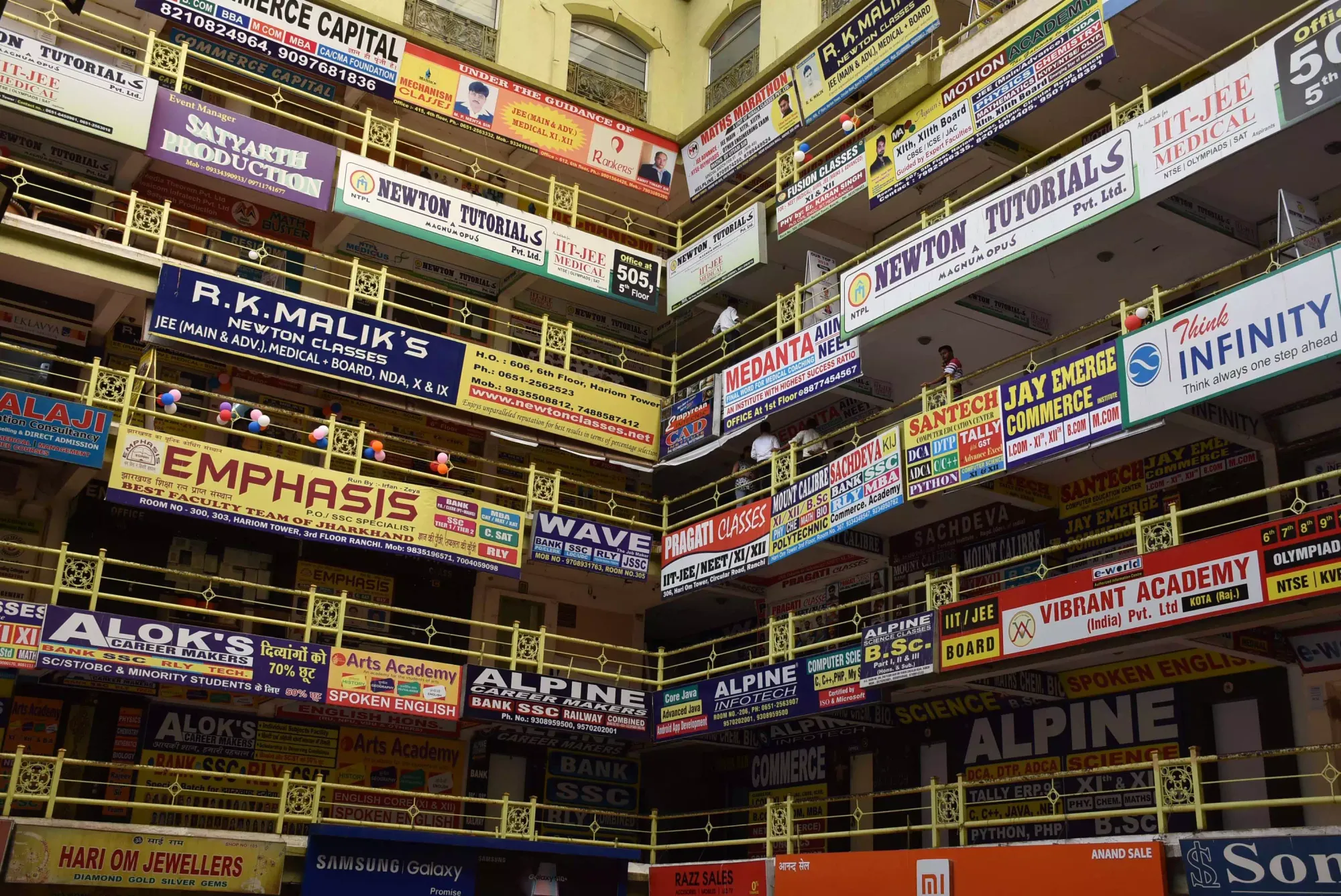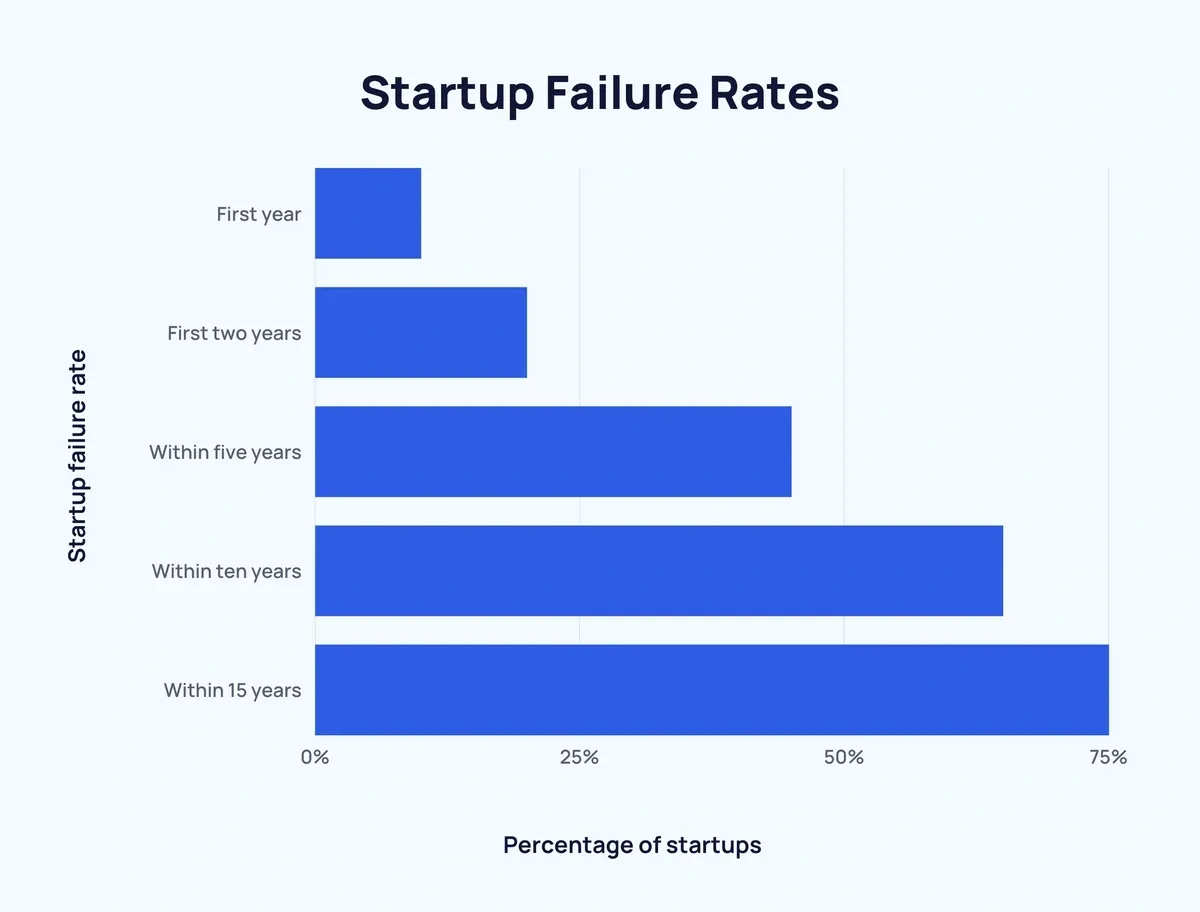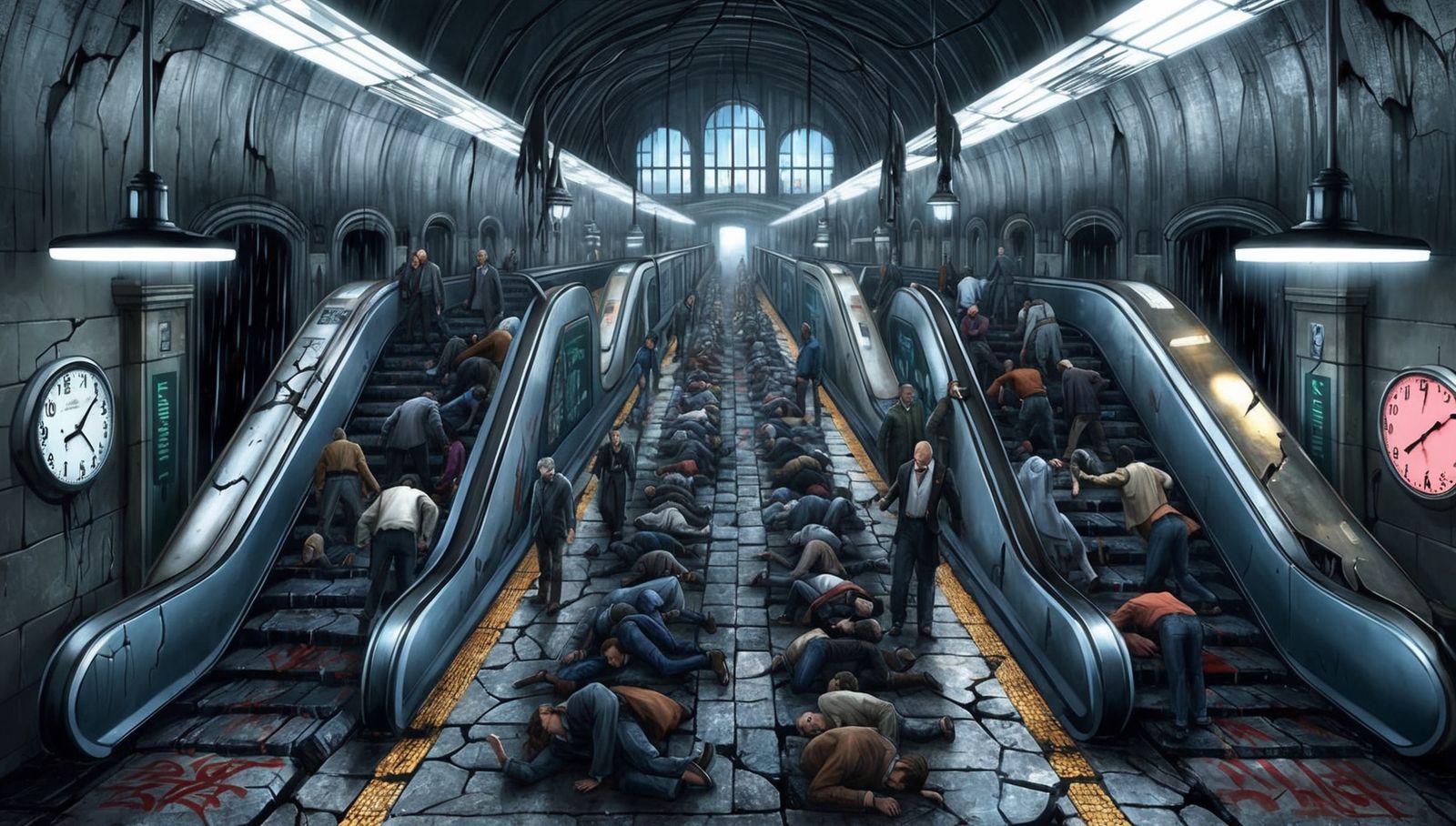Let's get one thing straight: the middle-class life experience is not just broken—it’s a spectacular trainwreck that everyone’s pretending is a perfectly normal commute.
If you’re born into a 'middle-class' family, especially in an emerging economy, you’re essentially handed a set of instructions on how to survive a house of horrors. And the best part? You get blamed for not enjoying the ride.
Welcome to the middle-class life, where you’re just one bad decision away from joining the poverty line you thought you’d left behind.
First, let’s talk about the so-called "opportunities" you’re supposed to be grateful for. From the moment you’re old enough to spell "JEE" or "UPSC," you’re thrust into a cutthroat competition where failure isn’t just an option—it’s the most likely outcome. For every one seat in a prestigious Indian Institute of Technology (IIT), there are roughly 600 students competing. That’s a success rate of 0.16%. To put that in perspective, you’re more likely to get struck by lightning in your lifetime. But don’t worry, if you don’t make it, society will still generously offer you a lifetime of crippling insecurity and self-doubt.

But here’s the kicker: even if you’re one of the lucky few who make it to the top 1%—that’s right, you’ve fought, bled, and clawed your way into the elite—you still don’t get to relax. Inflation will gnaw away at your modest salary faster than you can say “consumer price index.” According to recent data, India’s inflation rate hovers around 6-7% per year, while the real inflation is well above 10%! So, while your parents might have managed to save a little on their salaries, you’ll find your savings shrinking faster than your hairline at a corporate job. And let's not even talk about buying a house. In cities like Mumbai, the average home price is now more than 60 times the average salary. Good luck saving for that down payment while paying rent that eats up half your paycheck.
And let's take a moment to appreciate the "pseudo-meritocracy" that society loves to champion. Here’s a little reality check: meritocracy is about as real as unicorns. The truth is, the kleptocrats and oligarchs have rigged the game in their favor, siphoning off wealth and resources like they’re vacuuming the last crumbs off a table. Meanwhile, you’re left to fight over the scraps, convinced that your hard work alone will pull you through. Spoiler alert: it probably won’t.
Now, let’s address the elephant in the room—financial insecurity. You’re expected to have it all figured out by your late twenties. Job, savings, investments, a spouse, maybe even a kid on the way. But let’s be real. The average millennial in India today earns about ₹25,000 to ₹35,000 per month. That’s roughly $300 to $400 in a world where a mid-range smartphone costs almost the same. And with this kind of income, you're supposed to save for a house, a car, and your future kids’ education? Sure, just stop eating and breathing; that should help.
But wait, there’s more! If you’re in your 30s, congratulations, you’ve unlocked the next level of stress. Now you’re not just worried about your finances, but also about your health. Years of stress eating and neglect are finally catching up with you. You’re expected to suddenly turn into a health guru, shedding those extra pounds, all while balancing your career and, possibly, a family. The irony here is that the very system that has worn you down now expects you to bounce back like a spring chicken.
Oh, and don’t forget to start planning for your retirement because, you know, those healthcare costs in your 60s aren’t going to pay themselves.
Let’s not gloss over the absurdity of the "risk-taking" advice you’re constantly fed. We’re told to take risks, to be entrepreneurial, to "disrupt" industries. But here’s the dirty little secret: in a system where the odds are stacked against you, taking risks often means losing everything. The Global Entrepreneurship Monitor found that nearly 80% of startups fail within the first five years. So, unless you’re sitting on a trust fund, the reality of being "your own boss" is often just a romanticized version of financial suicide.

And if you’re one of the brave souls who manage to start a family, let’s not forget the costs associated with raising a child today. Education? Forget about it. The cost of private schooling in India has skyrocketed, with some schools charging up to ₹10 lakh ($12,000) per year. Health insurance? That’s another dent in your already strained budget. According to a study by Cigna TTK Health Insurance, 89% of Indians are stressed, with financial pressure being the leading cause. But hey, at least you’re not alone in your misery, right?
As you crawl into your 40s, you start realizing that your parents, who once seemed invincible, are now aging and need care. Suddenly, you’re juggling your career, your kids, your mortgage, and your parents’ medical bills. It’s like being handed a live grenade and being told to juggle it with your other responsibilities. And if you thought the stress would let up by the time you hit your 50s, think again. That’s when the existential crisis really kicks in. You start questioning the choices you’ve made, the career you’ve stuck with, and the life you’ve built. But don’t worry, you’re expected to keep all those doubts bottled up while continuing to perform at work as though nothing’s changed.
As if all this weren’t enough, by the time you reach your 60s, you’re faced with the grim reality of retirement. Only, you might not be able to afford to retire. The average Indian retiree relies heavily on family support because, let’s face it, the pension system is as broken as everything else. The Employee Provident Fund (EPF) is supposed to be your safety net, but with interest rates declining and inflation eroding the value of your savings, you might find that safety net full of holes.
So, what does this all add up to? A life where you're constantly playing catch-up, never quite reaching the level of stability you were promised.
A life where you're told that if you just work a little harder, save a little more, and take a few more risks, you’ll finally "make it." But here’s the truth: the system is designed to keep you running on a treadmill, chasing a finish line that keeps moving further away. And all the while, you’re blamed for not trying hard enough, for not being smart enough, for not being "entrepreneurial" enough.
The reality is, the middle-class life experience is less about living and more about surviving.
It's a game rigged by the wealthy and powerful, where the rules are constantly changing, and the odds are always against you. But hey, at least you’ve got your middle-class values, right? Because in the end, that’s all you’re really left with—a set of values that tell you to keep playing the game, even when it’s clear you’re never going to win.






